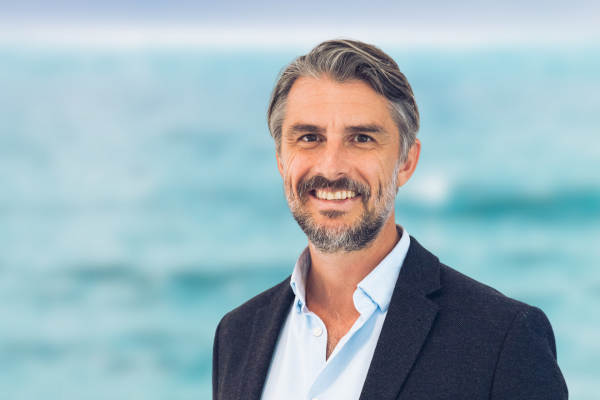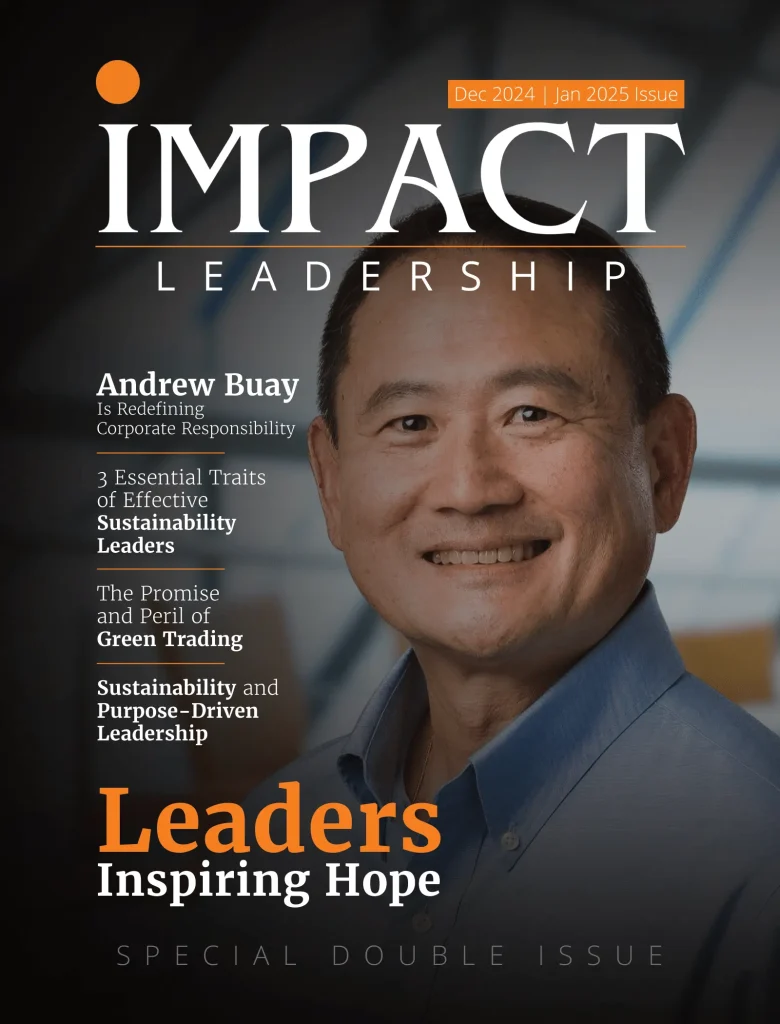At the last Impact X Summit Sydney, a panel discussion on “Financing Transformation for 2030 Goals” brought together leading figures in finance and sustainability. The panel included Zoe Whitton, Executive Director at Pollination (Moderator); Simon O’Connor, former CEO, Responsible Investment Association Australasia; Christina Tonkin, Managing Director of Corporate Finance at ANZ; and Alison Rowe, Managing Director for Australia at The Nature Conservancy.
The discussion revealed the essential need for unified efforts across sectors, a shift in investment towards environmentally friendly projects, and the crucial roles of transparency and innovative financing in achieving sustainability goals.
As the world continues to grapple with the pressing challenges of climate change and biodiversity loss, the upcoming Impact X Summit Sydney 2024, scheduled for April 22nd and 23rd, stands as a significant source of inspiration and action. Coinciding with Earth Day, the summit, under the theme “Climate & Nature 2030: Accelerating Partnerships for Shared Growth,” aims to build on the past progress and catalyze further action.
Supported by the NSW government and WWF, this event seeks to unite national and global experts to share decarbonization strategies and regenerative solutions, striving to foster a net-zero, nature-positive economy through unprecedented collaboration and innovation.
Here are some of the most significant highlights from the panel discussion, emphasizing the need for transparency and strategic investment in tackling environmental issues.
Collaboration and a unified approach are key to addressing climate and biodiversity challenges.
Alison Rowe: “So, mine is mindset. Let’s tackle this and let’s create this beautiful world where we all want to thrive. We absolutely know that there’s three sectors that would contribute to 80% of the nature loss and that is: agriculture, infrastructure and energy. Let’s focus there together. There is a massive opportunity if we really invest in treating nature. Possibly by 2030, the World Economic Forum has said that that will actually bring $10 trillion to the economy and creates 395 million jobs.”
Christina Tonkin: “I think the urgency is here and the platform is here, and I think the solutions are here. It really does require people coming together. And as I said, there’s really no lack of financing available for these types of projects. It’s about the commerciality of that… It’s quite critical because we have a lot of hard-to-abate areas out there…So, if you look at hard-to-abate sectors like airlines, the development of sustainable aviation fuels or sustainable marine-type fuels is going to be kind of critical.”
Capital is shifting towards sustainable and low-emission projects, marking a significant turn in investment trends.
Simon O’Connor: “Capital has finally shifted and is in the process of shifting away from the harmful, high polluting activities, preferentially wanting to flow towards those greener low emissions activities. And we’re far from being done here, right? So I don’t want to overstate this, but I kind of consider this like, if you watch those enormous ships moving about in Sydney Harbour and they’re really hard to move, they’re really hard to shift direction. But once they start moving in that direction, they’re effectively unstoppable ”
Christina Tonkin: “What I’d like to definitely assure everybody in this room is there’s absolutely no lack of finance capital to work with customers and on quality projects…And indeed, led to us investing 50 million US in Pollination earlier this year…to partner effectively and invest in a company that is providing strategic and indeed transactional advice to customers on their decarbonisation journey.”
Transparency and accountability are rapidly becoming non-negotiable for sustainable finance.
Simon O’Connor: “We’re in that window where there’s the opportunity for greenwash. And I think also, I would say that window for greenwashing is rapidly shutting on us. We’re going to see some people taken down through enforcement measures by our regulators…They are now scrutinizing this. So, do not be out there with unsubstantiated claims as to what you’re doing in the green, environmental, low carbon space. You can expect the regulators to be knocking at your door.”
The urgency and complexity of environmental sustainability require innovative financial solutions and instruments.
Alison Rowe: “But the question is: what are the financial products and the instruments that are actually gonna drive the shifts of capital and when we start to think about nature or biodiversity, it doesn’t have a simple market like carbon does. When we look at climate, it’s much easier to just sort of have a think about carbon and come up with a price. But nature is far more complex.”
Simon O’Connor: “In the last year, our research will show that flows of capital into sustainability, thematic funds, and investment products have doubled to over $150 billion of assets in just a year alone. And so, that is why I see that switch is real, it has commenced, and we need to consolidate it and accelerate it.”
The finance sector’s engagement with scientific research can unlock new pathways for sustainability.
Christina Tonkin: “I do think one of the areas that the finance community can engage a lot more with is the scientific community, particularly in this country, there’s, you know, huge amounts of data and information and talent within the university sector here in this country. And I’d like to think over the next few years that that type of potential can be unlocked a lot more in working with the finance community as we double down on trying to really achieve some goals by 2030.”
Alison Rowe: “We also know, we need to look at what the new nature economy is. And I, I agree, it’s not just climate as a separate issue or nature. It has to be around integrating the economy.”
Watch the full panel discussion on Financing Transformation for 2030 Goals:
***
Impact Leadership Journal (ILJ) is a Community Partner of Impact X, working together to create a net-zero, nature positive future that benefits all people and ensures the wellbeing of our planet. This video is published exclusively on this site with the permission of Impact X. To learn more and to join upcoming events, visit www.impactx.tech.










